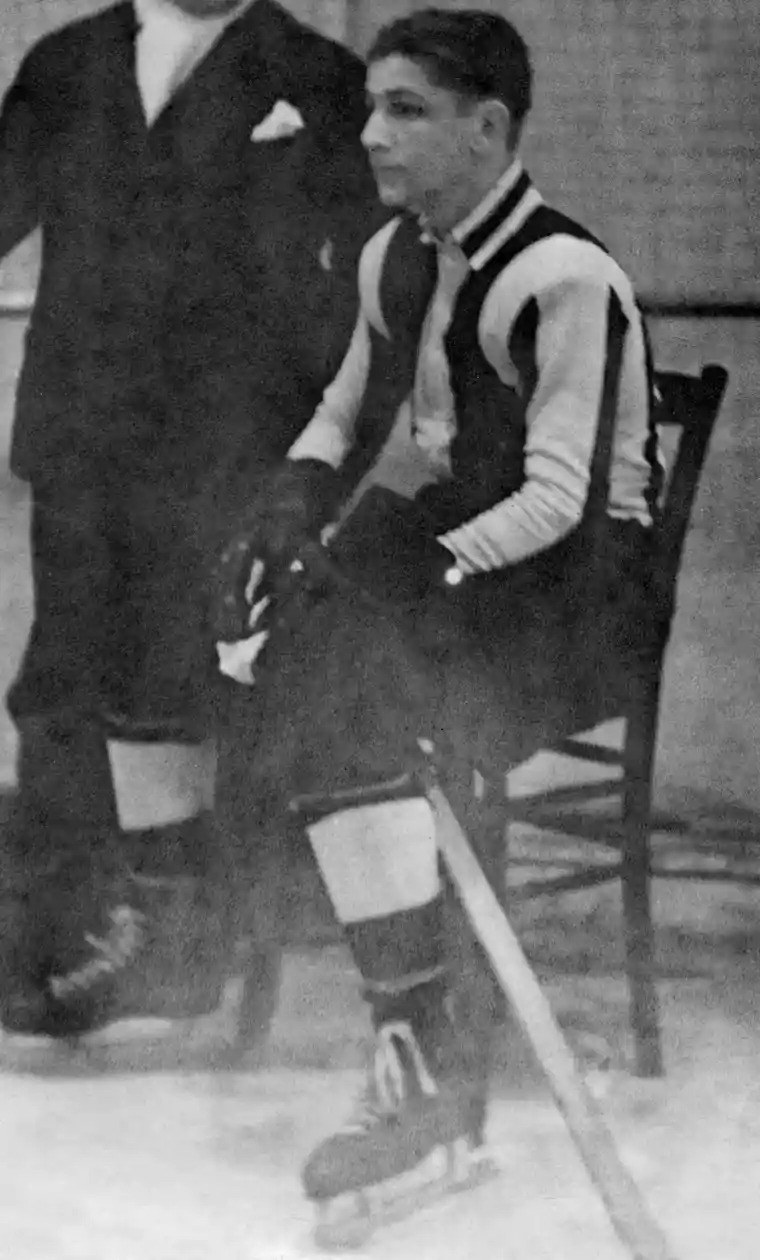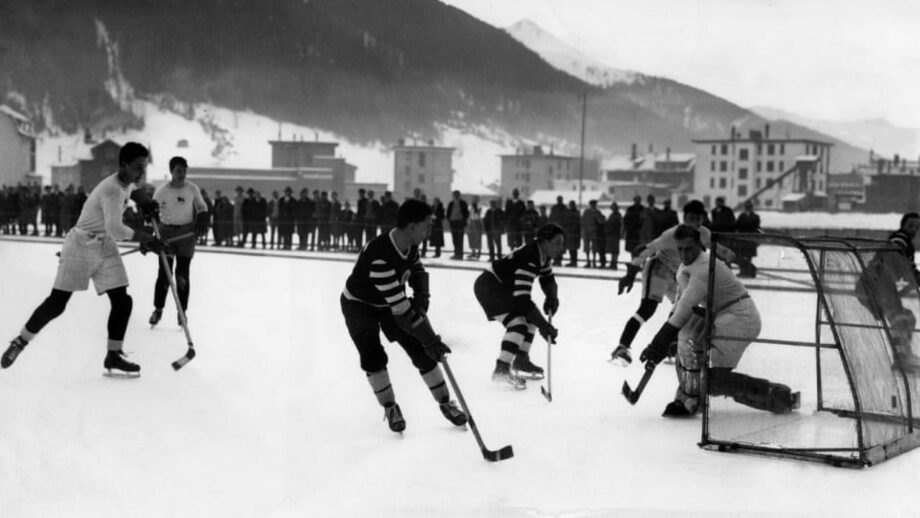The Games’ flame in the Bird’s Nest stadium has not been extinguished, according to an Olympic spokesperson who released a statement on Sunday. When questioned by USA Today, whose photographer Rob Schumacher released an image that revealed otherwise, they answered, “The flame is OK.” Irony passed away in a different part of the Olympic Village.
“I’ve been keeping one eye on the Games’ rather dystopian spectacle, a hyperreal propaganda-spectacular set in part on synthetic snow and against the backdrop of an abandoned steel mill. The other has been reading about the Rudi Ball case, which IOC President Thomas Bach refers to as “boycott ghosts of the past.”
Before the disastrous summer Games in Berlin and the less well-known winter Games in Garmisch-Partenkirchen, Bavaria, the Olympic boycott campaign began in 1936. Despite widespread demands for a boycott, the IOC – particularly future president Avery Brundage, who was then in charge of the American Olympic Committee – overruled everyone else’s worries and accepted the Nazi party’s assurances that everything was (here’s that phrase again) OK.
As a result, the decision to boycott the Winter Olympics became a personal one. Many athletes, such as British skier Peter Lunn, declined to attend the opening ceremony, while others, such as two-time Olympic bobsled champion Billy Fiske, refused to attend the closing ceremony.
Ball was undoubtedly exploited by the Nazis as part of their public relations strategy to counter the boycott threat. “All German athletes who meet the Olympic requirements are welcome,” stated Dr. Carl Diem, secretary-general of the German Olympic Committee. “The Jewish athlete Rudi Ball has already been added to the ice hockey squad.” Ball’s outstanding performance in Germany’s opening match, a 1-0 loss to the United States, was well publicized. One headline read, “Nazis Cheer a Jew,” while another read, “Brilliant Rudi Ball Play Moves German Fans to Applause.”
Ball was also said to have been forced into playing. Ball is “participating in the Olympic Games against his choice,” according to a “very reputable source” who informed an Australian Jewish News reporter. In an interview with Canadian foreign writer Matthew Halton, Ball intimated that this could have been the case when asked how he “could tolerate” playing for Nazi Germany.
Ball, who always referred to the Germans as “they” rather than “us,” warned Halton that declining to play would have done more harm than good to German Jews. Halton claimed that he couldn’t remember parts of their chat, which his son David Halton subsequently speculated was “definitely a code that Ball knew about.”



